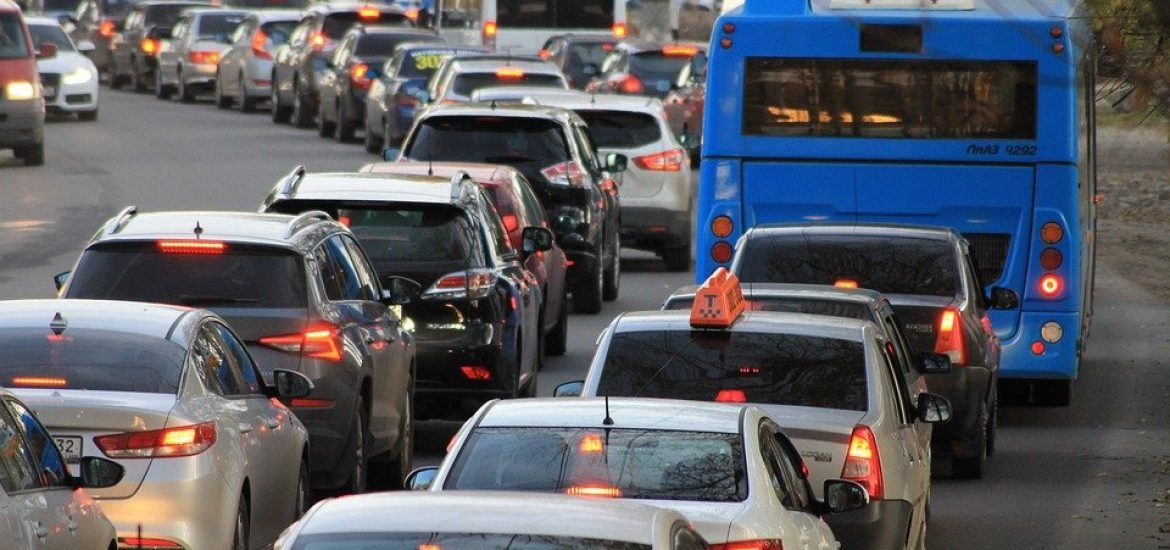
An international team of experts suggest that governments and road users around the world need to develop an ethical framework to introduce new road rules for connected and automated vehicles (CAVs). They defend that just following the existing traffic rules may be dangerous and hamper road safety. The new approach should also involve close scrutiny of these high-tech cars to minimise road casualties.
“While they promise to minimise road safety risk, CAVs like hybrid AI systems can still create collision risk due to technological and human-system interaction issues, the complexity of traffic, interaction with other road users and vulnerable road users,” says UK transport consultant Professor Nick Reed, from Reed Mobility, in a new paper in Ethics and Information Technology. “Ethical goal functions for CAVs would enable developers to optimise driving behaviours for safety under conditions of uncertainty while allowing for differentiation of products according to brand values.”
This is not an easy subject, and it’s complicated even further where there are different laws across countries and cars are built in one country and used in another. “An automated system that has ‘deduced’ driving behaviour from training examples cannot ‘explain’ or ‘justify’ its decisions or actions in a dangerous encounter,” says Professor Tania Leiman, based at Flinders University. “This may be a problem if a manufacturer is required to explain specific behaviour in case of an incident or where civil or criminal liability is disputed.”
The report included scenarios like mounting the curb or even speeding to avoid a collision, which need to be presented to the public. The aim is to establish ethical goals after public consultation to make decisions publicly acceptable and understood. It will be critical to develop a standardised framework to enable cars travelling across different countries to follow driving standards that are safe and predictable.
“We suggest responsibility for creating the framework of CAV ethical goal functions should sit with an appropriate international body, for example, the Global Forum for Road Traffic Safety of the UNECE, and relevant individual country agencies such as the Department of Transport,” says co-author on the paper Dr Leon Kester, senior research scientist at TNO, The Netherlands. “Once an ethical goal function has been agreed and enacted by legislators, CAV systems could be designed in such a way that they optimise with the highest utility for road users within predefined boundaries without having a predefined set of infinite scenarios and precise definitions on what to do”.
“Also, we have to organise a socio-technological feedback loop where things can be evaluated and changed if we feel it is no longer according to our societal goals”, concluded the researcher.
Reed, N., Leiman, T., Palade, P. et al. Ethics of automated vehicles: breaking traffic rules for road safety. Ethics Inf Technol (2021). https://doi.org/10.1007/s10676-021-09614-x